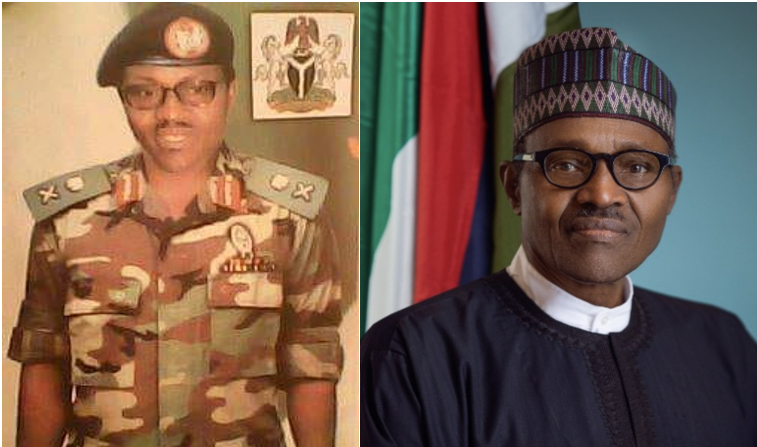Muhammadu Buhari : two lives, one nation
Twice president of Nigeria—first in military fatigues, later in civilian attire—Muhammadu Buhari leaves behind a complex political legacy. His tenure was marked by bold economic choices, a determined fight against corruption, persistent security challenges, and a style of governance that often divided opinion. A look back at the life of a central figure in modern Nigerian politics.

It was through the uniform that Muhammadu Buhari made his mark on Nigeria’s history. Enlisting early in the army, he trained in the UK, Nigeria, and India, and belonged to the generation of military officers who would shape the country’s post-independence politics. In December 1983, he seized power through a coup, ousting the civilian president Shehu Shagari. As head of state, he launched an anti-corruption crusade, enforced discipline at all levels of society, and governed with an iron hand.
His authoritarian approach—marked by arbitrary arrests and harsh restrictions on civil liberties—eventually led to his overthrow in 1985 by another general, Ibrahim Babangida.
The first opposition leader in Nigeria’s history to defeat a sitting president at the polls
After a long political hiatus, Buhari re-emerged in the early 2000s, this time as a democratic candidate. In 2015, he finally secured the presidency, becoming the first opposition figure in Nigerian history to unseat an incumbent president through the ballot box. He was re-elected in 2019 for a second term.
A policy of economic diversification and infrastructure investment… a governance style seen as overly centralized
During his eight years in power, Buhari focused on fighting corruption, diversifying the economy, and boosting infrastructure investment. His administration helped stabilize the economy after a crash in oil prices and increased the contributions of agriculture and digital industries to the national GDP.
However, his second term was far from unblemished. Security deteriorated, particularly in the north where Boko Haram and armed groups gained ground, and intercommunal tensions intensified. Critics pointed to an overly centralized government, selective use of the judiciary, and a lack of compassion during social crises. His health, kept under tight secrecy for years, also sparked widespread speculation.
Muhammadu Buhari passed away on July 13, 2025, leaving behind a Nigeria in transition—torn between economic modernization and deep-rooted social divides. Tributes poured in from across the country and beyond, highlighting the impact of this austere figure whose moral rigidity captivated some and alienated others.






